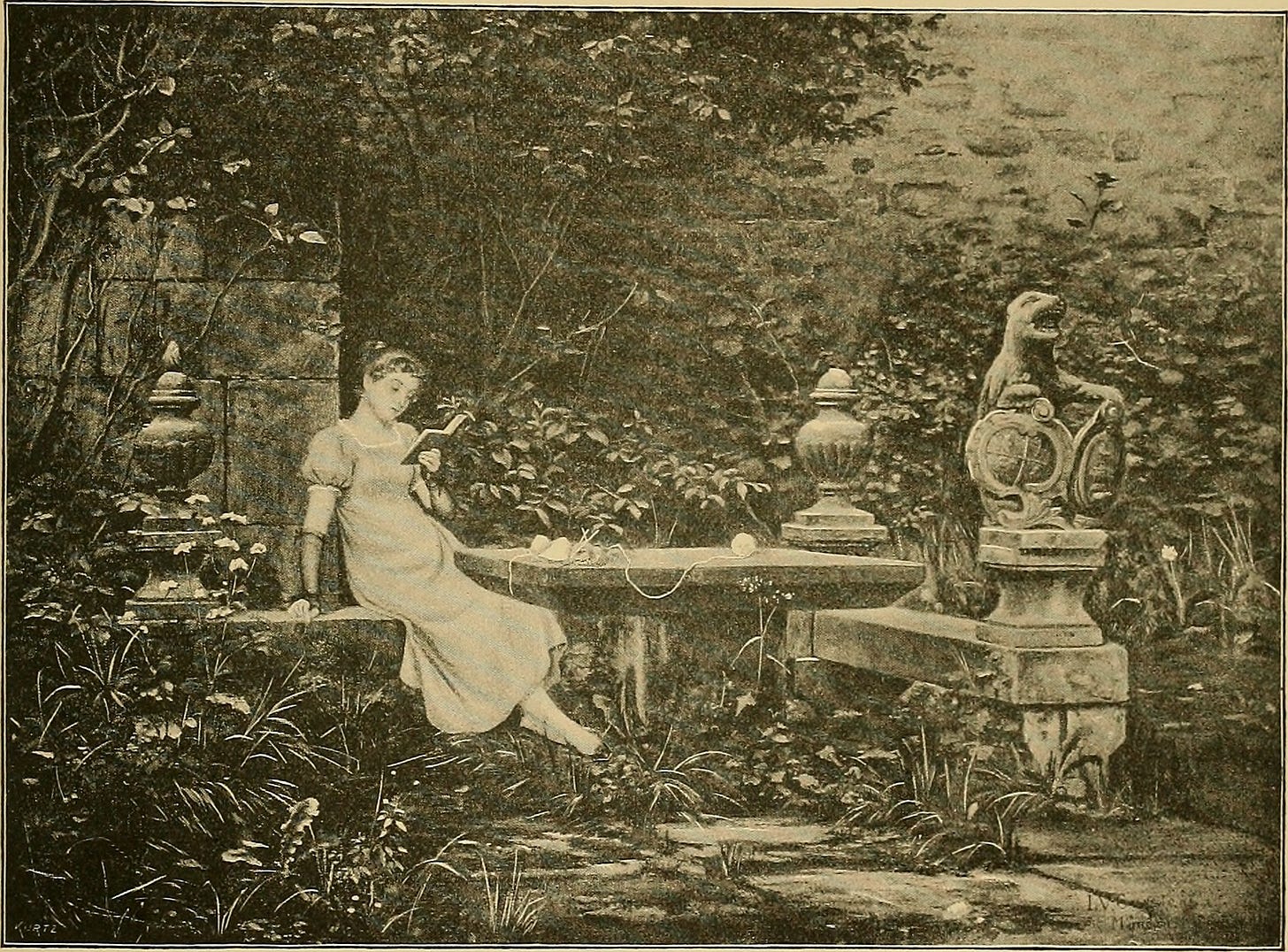
A.M. Juster (b. 1956) is an American treasure. The only trouble is that America hasn’t quite figured out how to cash in on that treasure.
I have a special place in my heart for Juster — in part because in 2010 I commissioned the poet and critic Paul Mariani to write a profile that broke the story that “A.M. Juster” is the pseudonym of a man named Michael J. Astrue, who, in his spare time, was a senior lawyer and high-level public servant, serving at the time as commissioner of the Social Security Administration. It was through his poetry that I got to know him in Washington, not through his time as a wheel in Republican administrations, a figure at HHS and the White House Counsel’s office.
To think about his high-level work in government and his poetry at the same time is to be reminded of no one writing today. The only comparable figures are senior figures in Victorian Britain, holding powerful cabinet and sub-cabinet positio…
Keep reading with a 7-day free trial
Subscribe to Poems Ancient and Modern to keep reading this post and get 7 days of free access to the full post archives.



